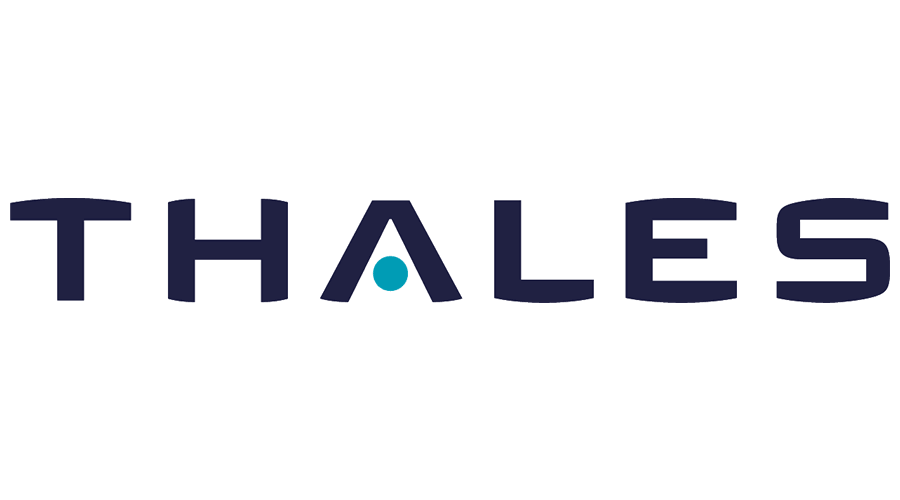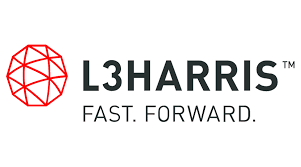Intelligence Is The Weapon Europe Really Needs
Terrorist attacks in Europe are not a surprising event anymore. Every few weeks, another country in Europe finds itself under attack by terror. Germany, France, the UK, and Belgium are now all part of the global map of terror incidents. A stronger army an d a higher defense budget cannot deal with ” lone wolf” attacks or even the small core of closed groups found with in refugee compounds or suburbs.
d a higher defense budget cannot deal with ” lone wolf” attacks or even the small core of closed groups found with in refugee compounds or suburbs.
The field in which Europe is really lacking power is Intelligence. Therefore, this is one of the areas it must invest most in, in order to deal with the problem before it becomes unmanageable. These are the main issues
Europe will need to address in the coming years, and which should trigger higher investment in Intelligence:
- Monitoring the borders and roads ““ The terrorist involved in the recent Berlin truck attack was finally apprehended in Italy. This implies that he managed to cross at least two borders in order to reach the country, where he was caught entirely by chance. Growing threats such as this incident are expected to push Europe to enhance its surveillance capabilities in all sectors of Intelligence ““ especially in SIGINT, HUMINT, and OSINT. One of the fastest-growing areas will be the increased use of Big Data Analytics.
- Dealing with privacy issues ““ In many European countries, privacy is a very important issue and citizens consider ” intelligence” a frightening word. This cultural issue can affect the number of surveillance cameras used, the budget dedicated to communication surveillance, the amount of information shared among organizations, and more. As in many cases in other countries in the world, internal threats may change one’s perspective on ” privacy,” giving way to ” security” as the top priority. This cultural shift is projected to increase European budgets on surveillance.
- Sharing data and intel with more countries ““ Most of the terrorist attacks in Europe were committed by people who migrated to those places rather than having lived there their entire life. Therefore, their lives and personal ” data” are scattered all over the world: Tunisia, Pakistan, Syria, Libya, Afghanistan, as well as several countries around Europe. As a result, the task of collecting intelligence about them has become extremely difficult for one single organization to handle. For instance, learning about the family connections of a person of interest, discovering their credit history, travel history, email & phone history, as well as other types of information can be challenging for a Belgian intelligence analyst, who can only access data collected by Belgium or other countries in Europe. This issue is expected to yield increased investment to enhance data gathering and sharing among countries and organizations.
Another significant issue linked to the globalization of terrorism is that organizations must deal with a plethora of sources in various languages: travel documents in Swedish, websites in Arabic, communication in Pashtu, human sources in French, social media in spoken Arabic of Tunisian dialect, etc. This problem is expected to emphasize the role of data analysis systems, with authorities no longer relying only on texts and the collaboration among organizations.
Most of the terrorists are not ” ghosts” and intelligence organizations usually manage to find a lot of information about them once an attack has already occurred – the key challenge is to reach this information before the attack takes place. This implies new investments to increase the scope of sources and to better exploit existing ones. The market for Intelligence (in all its forms) along with Big Data for security purposes will grow substantially in Europe in the coming years. According to a recent report by HSRC, the market for Big Data in security segments in Europe will grow by over 20% per year. The global market will reach $11B by 2022, growing at a CAGR of 17.5%.
For more information about the report, click on the link below:














